How do you publish and distribute comics during a pandemic? It seems like a Herculean task, to say the least. And yet, there are plenty of small press publishers out there doing just that, right now. One of these publishers is AdHouse Books. ADHOUSE BOOKS is an independent publisher based in Richmond, Virginia, founded in 2002 by Chris Pitzer

In 2004, AdHouse’s Project: Telstar received Domtar Paper’s Kudos Award for Excellence. The anthology was also nominated for several other awards, including Best Anthology and Special Award for Excellence in Presentation by the Harvey Awards, and Best Anthology and Best Publication Design by the Eisner Awards. AdHouse’s first publication, Pulpatoon Pilgrimage, won the 2002 Small Press Expo Ignatz Award for Outstanding Debut and the 2002 Ninth Art Lighthouse Award for Debut Book, and was nominated for a 2003 Eisner Award for Best Graphic Novel.
I thought I’d send Chris Pitzer some questions about what publishing is like in these strange times, and he was kind enough to answer.
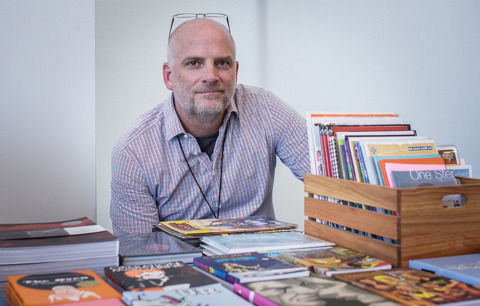
Out of all the things you could possibly be doing with your time, you all decided to publish comics. Why is that?
Well, I think we all love comics, right? It started with my love of book design, coupled with attending the second Small Press Expo. I then became aware of a work that I felt NEEDED to be published. So, I reached out to OTHER publishers, never heard back, and decided to try it myself. If I had gone to business school, I probably would have never taken the plunge, or I’d be wildly successful.
Has the world of comics publishing been impacted by the pandemic?
I think so. We’re comics family, or at least a tribe, and without festivals/cons/shows, it becomes a little lonely. I feel like we all rely on those con sales to help us. If not financially, then at least emotionally.
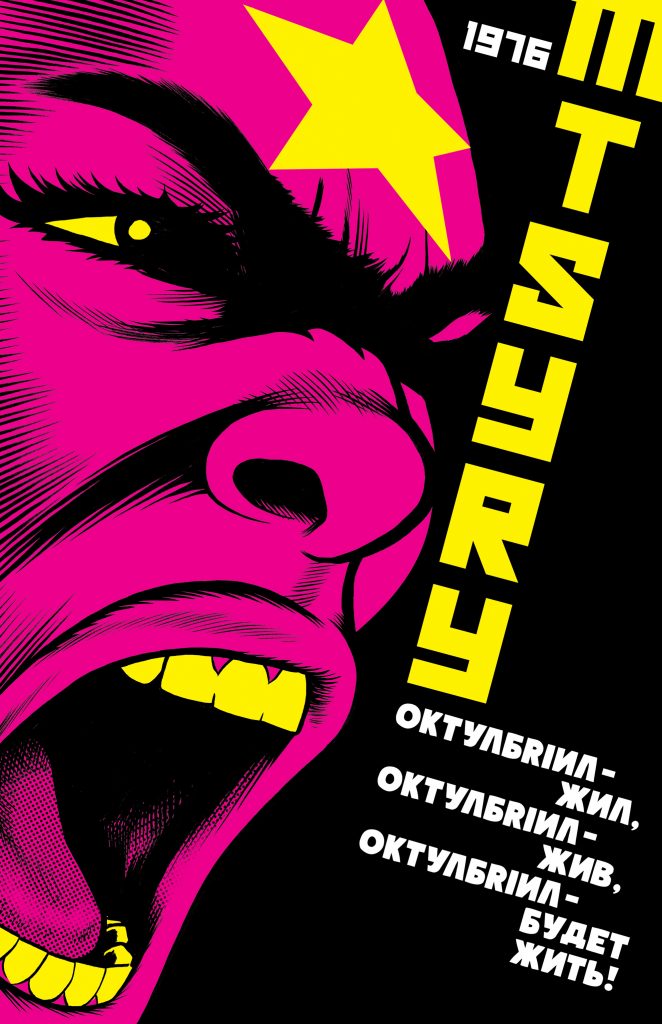
What would you say is the ethos of Adhouse Books? Are there particular types of books you look to publish?
Here’s our canned bio: AdHouse Books LLC has been a boutique publishing juggernaut since the year of 2002. Over the years, they have won and been nominated for awards within the comic profession (Ignatz, Harvey, Eisner) and the design world (AIGA, Communication Arts, Domtar Paper). Their library of publications is an eclectic mix of sequential and illustrative arts.
So, we tend to lean more towards pictures than words. Words give me trouble. Typos abound! That said, we’re ALWAYS surprising ourselves with what we’ll publish. I just reviewed a proof for one of our next projects, and it’s completely different than ANYTHING we’ve done before. However, it’s so damn good, I’m proud as hell to be associated with publishing the work.
What is it like working on major projects during the COVID-19 pandemic? Has anything changed about your process or your planning?
Well, we’re still scheduling releases towards festivals, even though that might not be the case. Otherwise, it’s a pretty solitary job already. I guess shipping prices are going up, so “yay”.
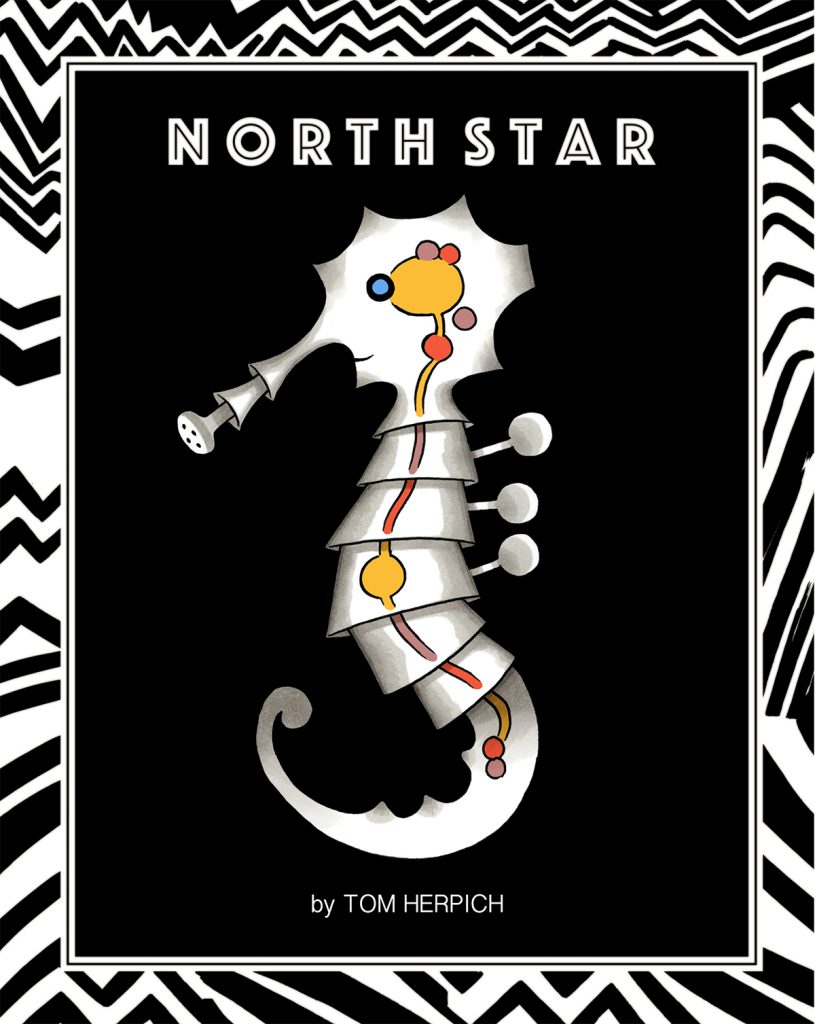
What do you think the world of small press comics looks like when this pandemic is all said and done? What role do you think small presses like yours have in the aftermath of all of this?
Well, the Virtual Con is an interesting phenomenon. I appreciate the hard work that goes into it, and there have been some gems, like the Billy Ireland Tour. In regards to after the pandemic, I feel like we’ll all be slowly tip-toeing into festivals. HANDSHAKES ARE GONE! There was one part of a festival year that I tried hugs instead of handshakes. Didn’t really work out. In regards to roles, I guess the same as always? Trying to put the best work out we can and help creators gain some exposure.
How do you all find the people you work with? Do you offer mentoring or other services to those people?
Festivals, word of mouth, suggestions. We’ve been in a “no submission” policy for a while, so we really don’t have any work coming in that way. I’ve never participated in an official mentoring program. I have taken a few “under the roof” to answer questions, make suggestions, guide, if you will. I keep thinking about putting a Golden Ticket into one of our comics/books to have someone take over comic-making factory.
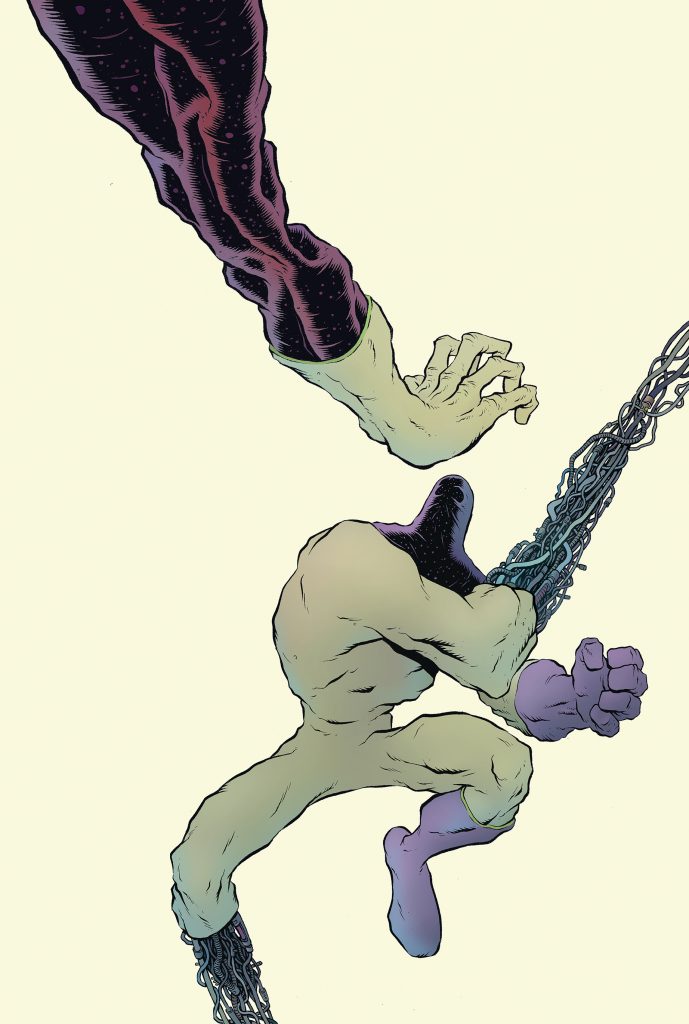
Are you considering inequities or other historical considerations (for example, working with cartoonists of color and LGBTQ+ cartoonists) as you determine your publishing slate?
I’d like to say yes, but that’s probably not the case. We just don’t publish that much throughout the year. I mean, we don’t really even have a “publishing slate”. And for me, the work is what is important. When we published DUNCAN THE WONDER DOG, I didn’t know Adam Hines was of color, until we were going to meet at SPX.
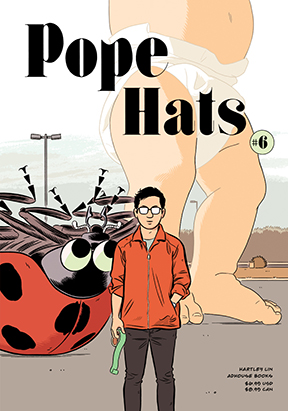
Thanks so much for your time and your words. Any last thoughts you’d like to leave with?
“Life is GREAT”. That’s something my Dad would say, and we’d roll our eyes, laugh, and give him a hard time. So, enjoy it while you have it. Enjoy the lines on paper, enjoy your partner, enjoy that taste of coffee. It doesn’t last forever. #DadHouse
SOLRAD is made possible by the generous donations of readers like you. Support our Patreon campaign, or make a tax-deductible donation to our publisher, Fieldmouse Press, today.

Leave a Reply